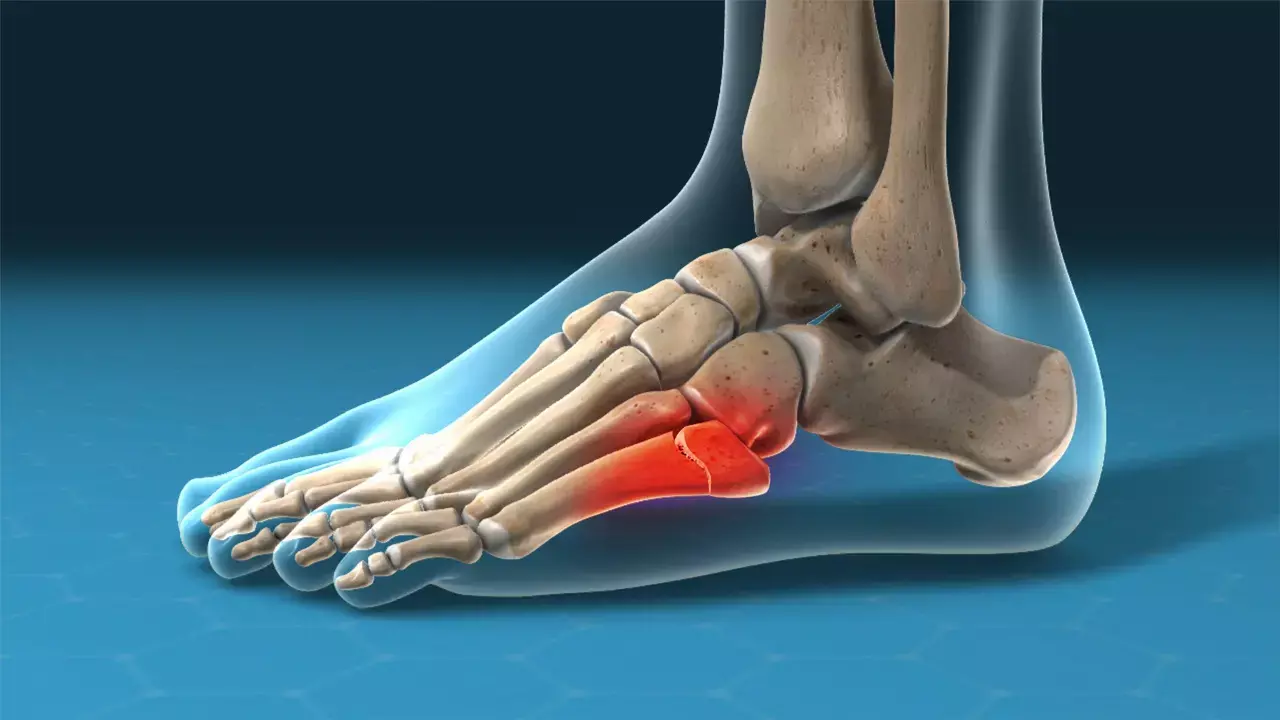- Home
- Medical news & Guidelines
- Anesthesiology
- Cardiology and CTVS
- Critical Care
- Dentistry
- Dermatology
- Diabetes and Endocrinology
- ENT
- Gastroenterology
- Medicine
- Nephrology
- Neurology
- Obstretics-Gynaecology
- Oncology
- Ophthalmology
- Orthopaedics
- Pediatrics-Neonatology
- Psychiatry
- Pulmonology
- Radiology
- Surgery
- Urology
- Laboratory Medicine
- Diet
- Nursing
- Paramedical
- Physiotherapy
- Health news
- Fact Check
- Bone Health Fact Check
- Brain Health Fact Check
- Cancer Related Fact Check
- Child Care Fact Check
- Dental and oral health fact check
- Diabetes and metabolic health fact check
- Diet and Nutrition Fact Check
- Eye and ENT Care Fact Check
- Fitness fact check
- Gut health fact check
- Heart health fact check
- Kidney health fact check
- Medical education fact check
- Men's health fact check
- Respiratory fact check
- Skin and hair care fact check
- Vaccine and Immunization fact check
- Women's health fact check
- AYUSH
- State News
- Andaman and Nicobar Islands
- Andhra Pradesh
- Arunachal Pradesh
- Assam
- Bihar
- Chandigarh
- Chattisgarh
- Dadra and Nagar Haveli
- Daman and Diu
- Delhi
- Goa
- Gujarat
- Haryana
- Himachal Pradesh
- Jammu & Kashmir
- Jharkhand
- Karnataka
- Kerala
- Ladakh
- Lakshadweep
- Madhya Pradesh
- Maharashtra
- Manipur
- Meghalaya
- Mizoram
- Nagaland
- Odisha
- Puducherry
- Punjab
- Rajasthan
- Sikkim
- Tamil Nadu
- Telangana
- Tripura
- Uttar Pradesh
- Uttrakhand
- West Bengal
- Medical Education
- Industry
Amino acid supplementation reduces complications after fracture surgery

March 15, 2022 - For patients recovering from fracture fixation surgery, dietary supplementation with conditionally essential amino acids (CEAA) reduces complications and prevents skeletal muscle wasting, concludes a clinical trial in The Journal of Bone & Joint Surgery.
The study supports the use of widely available CEAA supplements to promote recovery and preserve function in patients undergoing surgery for repair of major fractures. "Our results suggest that this inexpensive, low-risk intervention has considerable potential to improve outcomes after fracture fixation," according to the report by Michael Willey, MD, and colleagues of University of Iowa Hospital and Clinics, Iowa City.
The CEAA supplement group had fewer complications with no loss of fat-free mass
The study included 400 patients undergoing operative fixation of fractures in the limbs and/or pelvis at the authors' trauma center. In equal numbers and stratified by fracture severity, patients were randomly assigned to either standard postoperative nutrition or standard nutrition plus CEAA supplementation.
CEAAs are termed "conditionally essential" because the body doesn't usually require them. However, during times of illness or stress, the need for these conditional amino acids increases dramatically. Previous studies have reported that CEAA supplementation can improve wound-healing and other outcomes in patients with a variety of conditions, including postoperative recovery. In the new trial, patients assigned to the CEAA group received a standard supplement that included arginine, leucine, and glutamine.
At follow-up, the overall complication rate was significantly lower for patients who received CEAA supplementation (30.5%) compared with those who did not receive CEAA (43.8%). The CEAA group also had a lower rate of nonunion (5.1 versus 13.2%, respectively). Some other types of complications, including surgical-site infections, were similar between groups.
Patients who undergo operative fracture fixation are at risk of skeletal muscle wasting, which often results in weight loss as a result of reduced muscle mass. In the new study, patients receiving CEAA supplements had little or no change in fat-free body mass. In contrast, patients receiving standard nutrition had a 1-kilogram reduction in fat-free mass at 6 weeks postoperatively, which took until 12 weeks to return to normal.
Unexpectedly, the CEAA group had a sharply reduced mortality rate (0.5% compared to 4.1 % in the control group). Although the authors could not explain the lower risk of death in patients receiving CEAA, they suggest it might result from "unidentified confounding factors."
Despite advances in surgical techniques, trauma patients undergoing operative fixation of extremity and pelvic fractures remain at risk of complications and prolonged loss of function. "Malnutrition is a potentially modifiable risk factor for mortality, fracture nonunion, wound complications, and increased length of stay," Dr. Willey and coauthors write.
These new results suggest that CEAA supplementation is a simple, risk-free, and inexpensive means of promoting good nutrition after fracture fixation surgery. After adjustment for other factors, the relative risk of complications is about 40 percent lower in patients receiving CEAA, with no reduction in fat-free mass during the early weeks of recovery. Dr. Willey and colleagues conclude: "This study will serve as the foundation for multicenter [randomized controlled trials] that are designed to assess the impact of CEAA nutrition supplementation in reducing complications and loss of functional muscle mass in high-risk populations."
Dr Kamal Kant Kohli-MBBS, DTCD- a chest specialist with more than 30 years of practice and a flair for writing clinical articles, Dr Kamal Kant Kohli joined Medical Dialogues as a Chief Editor of Medical News. Besides writing articles, as an editor, he proofreads and verifies all the medical content published on Medical Dialogues including those coming from journals, studies,medical conferences,guidelines etc. Email: drkohli@medicaldialogues.in. Contact no. 011-43720751


